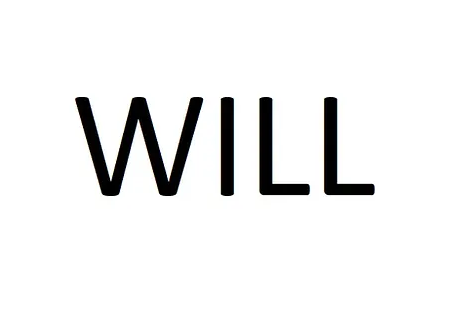Q.1 Is an attesting witness examined in Court for proving due execution and attestation of a Will, obliged to prove due attestation by the other attesting witness or witnesses, in all cases ?
Q.2 Is not the propounder of a Will exempted from proving due execution of the Will in a case where the opposite party, far from making a specific denial of execution of the Will in his pleadings, has instead, admitted the Will and his only defense is that it is a mutual Will ?
Q.3 Can the scribe of the Will play the part of an attesting witness ?
Q.4 Is not a Will rendered void if a legatee under the Will figures as an attesting witness to the Will ?
Q.5 Would it make any difference if the legatee instead of figuring as an attesting witness, has put his signature on the Will in token of his consent to its execution ?
Q.6 Are not the requirements of Section 63 of the Indian Succession Act, 1925 satisfied where at the time of registering the Will, the endorsement made by the Sub-Registrar is to the effect that the executant (testator) admitted execution of the Will and the Sub-Registrar signs below the endorsement besides two witnesses ?
WILL – BURDEN OF PROOF
Q.7 The question of proving a Will ordinarily arises before which Court ?
Q.8 What is the nature of the burden of proof on the propounder of a Will ?
Q.9 Is there any difference in the burden of proof if vitiating circumstances like undue influence, fraud, misrepresentation, coercion, collusion etc. are alleged by those attacking the execution of the Will ?
Q.10 Is not the execution of the Will for the sole benefit of one of the sons of the testator excluding all other children, by itself, a suspicious circumstance ?
Q.11 Is it not correct to say that when by the Will the natural order succession to the testator is disturbed by creating legacies in favour of the propounder/ beneficiary, the burden is heavy on the propounder to remove the above suspicious circumstance of unfair disposition of property under the Will ?
Q.12 When technicalities are raised for assailing a Will, is the Court expected to act as a court of conscience ?
Q.13 What is meant by “armchair rule of interpretation” of a Will ?
